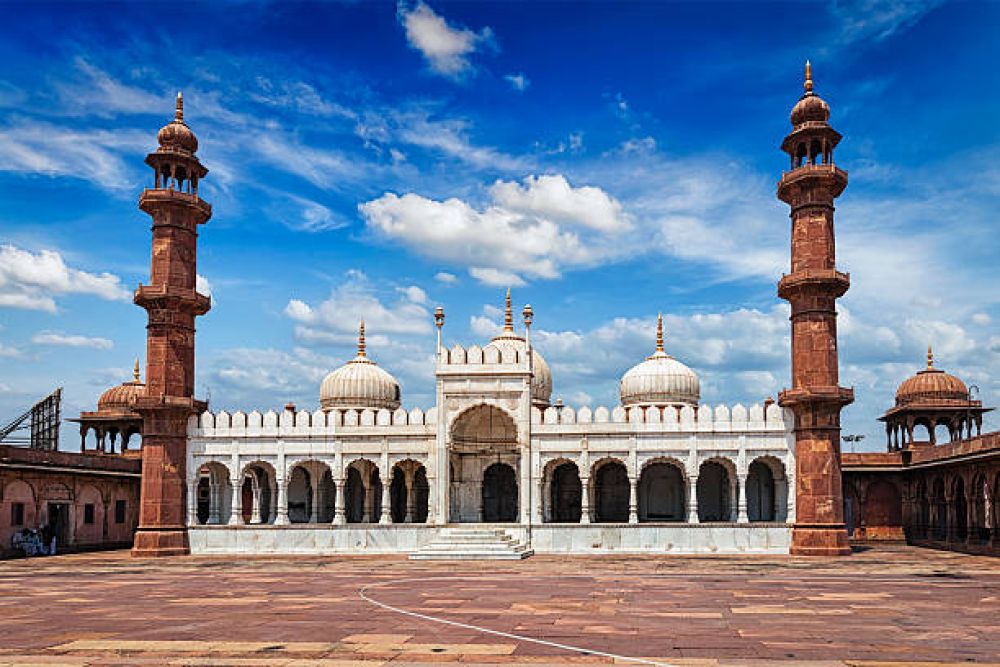

Bhopal, the capital city of Madhya Pradesh in central India, is known for its rich history, culture and a diverse set of attractions. Known as the City of Lakes for its various natural as well as artificial lakes, Bhopal's history of tourism extends back to the days of the British Raj and has continuously evolved since then.
Bhopal's tourism history commenced earnestly in the early 20th century when it was a princely state during the British rule. It was recognized for its natural beauty, heritage structures, and as a center for arts and culture. The city houses palaces and mosques that manifest the rule of the Nawabs of Bhopal who were patrons of art and architecture.
The establishment of the Bhopal State was done by Dost Mohammad Khan, an Afghan soldier in the Mughal army, after the death of Emperor Aurangzeb in 1707. His descendants furthered the city's prominence with noteworthy constructions like the Taj-ul-Masjid, which is one of the largest mosques in Asia, and Shaukat Mahal, blending both European and Mughal architecture.
In the latter half of the 20th century, post-independence, the city became more accessible, leading to a gradual growth in tourism. The Union Carbide disaster in 1984 put Bhopal in international news, which paradoxically also increased awareness about the city worldwide.
Recognizing the importance of its historical heritage, the Madhya Pradesh government initiated various preservation projects and promoted Bhopal as a tourist spot. It launched schemes to maintain the integrity of its architectural landmarks and to preserve its natural beauty, which included revamping the city's numerous lakes.
In recent years, tourism in Bhopal has pivoted towards delivering an experience that's a blend of history, culture, and nature. A significant trend is the promotion of sustainable tourism. Efforts are underway to ensure that Bhopal's growth as a tourist destination doesn't impede on the environment or the cultural integrity of the city.
There's also been a focus on niche tourism, such as wildlife tourism, with nearby reserves like the Van Vihar National Park, and cultural tourism, through the promotion of festivals and events showcasing the city's rich cultural heritage.
The emergence of digital platforms and social media has greatly influenced the way tourism is promoted in Bhopal. These platforms facilitate virtual tours and an in-depth exploration of the city's attractions, providing a boost in tourist interest and interaction.
Additionally, experiential travel has been on the rise, with tourists seeking out authentic experiences that allow them to intimately explore the local cuisine, crafts, and the day-to-day life of Bhopalites.
These trends have been further complemented by improvements in the city's infrastructure, including better connectivity and the development of quality accommodation options, catering to both luxury and budget travelers.
Bhopal’s historical allure paired with intelligent and sustainable tourism practices ensure that it will continue to shine as a multifaceted gem in India's tourism crown. Whether it's the pursuit of tranquility by the lakeside, a deep dive into the annals of history, or an immersive cultural experience, Bhopal remains a magnetic draw for those wanting to discover the heartland of India.